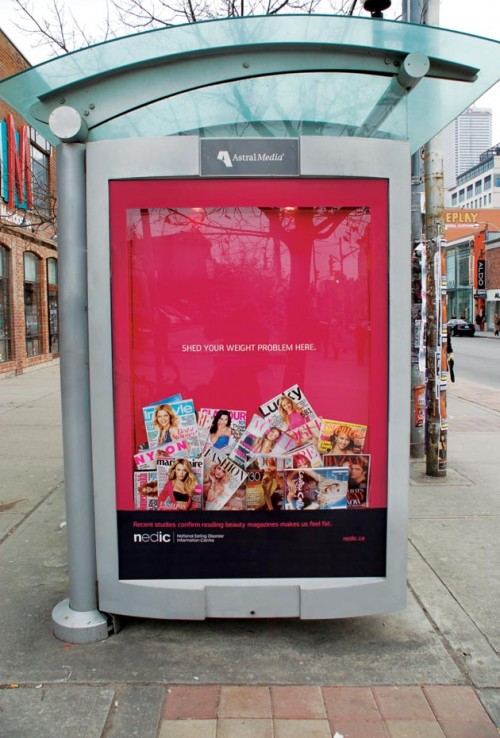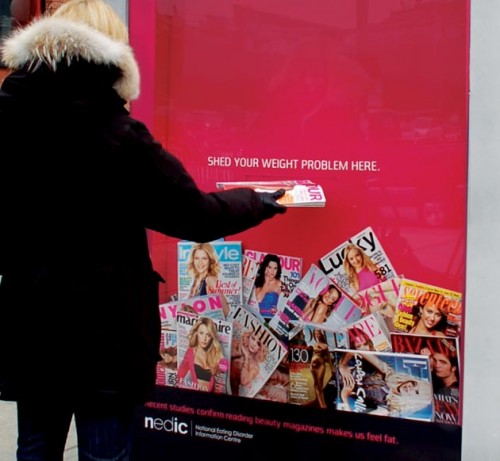Many are aghast at a cartoon recently released by a well-known right-leaning cartoonist, Ben Garrison. Rightly, commentators are arguing that it reproduces the racist stereotype that African American women are more masculine than white women. I’ll briefly discuss this, but I want to add a twist, too.
#InTrumpsAmerica The #FirstLady will be Great Again! #Trump2016 https://t.co/2FGmMQ1bBo pic.twitter.com/g2SOBjFXSI
— GrrrGraphics (@GrrrGraphics) May 13, 2016
The block versus cursive font, the muscularity and the leanness, the strong versus swishy stance, the color and cut of their dresses, the length of their hair, the confrontational versus the compliant facial expression, and the strategically placed, transphobic bulge in Michelle Obama’s dress — you could hardly do a better job of masculinizing Michelle and feminizing Melania.
This is a racist stereotype not only because it posits that black women are unattractive, unlikable, and even dangerous, but because it has its roots in American slavery. We put middle class white women on pedestals, imagining them to be fragile and precious. But if women were fragile and precious, how could we force some of them to do the hard labor we forced on enslaved women? The answer was to defeminize black women. Thanks for keeping the stereotype alive, Ben Garrison.
What I’d like to add as a twist, though, is about Michelle’s expression, purposefully drawn as both ugly and judgmental. Michelle’s face isn’t just drawn as masculine, it’s aimed at Melania and she isn’t just sneering, she’s sneering at this other women.
The cartoon also places women in competition. It tells a sexist story of ugly (black) women who are hateful toward beautiful (white) women. It tells a story in which women are bitter and envious of each other, a ubiquitous story in which women tear each other down and can’t get along. It’s a terrible stereotype, demeaning and untrue (except insofar as patriarchal relations make it so).
And it’s especially reprehensible when it’s layered onto race.
Lisa Wade, PhD is an Associate Professor at Tulane University. She is the author of American Hookup, a book about college sexual culture; a textbook about gender; and a forthcoming introductory text: Terrible Magnificent Sociology. You can follow her on Twitter and Instagram.





